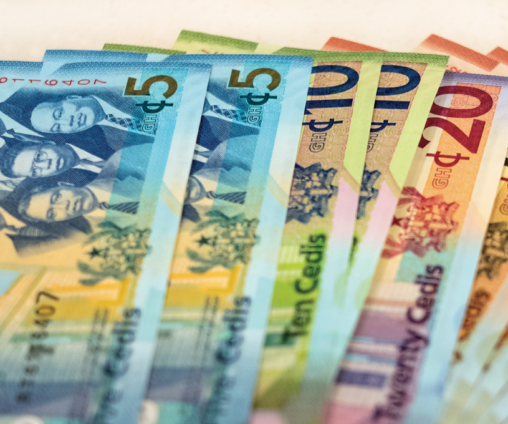Money market yields will trend higher as investors ask for positive real returns, whilst liquidity conditions remain tight.
According to investment advisory firm, Constant Capital, it therefore expects the Bank of Ghana to increase the policy rate by 200 basis points next week and a further increase in July 2022 to mop up excess liquidity from circulation, whilst reducing inflation.
“Within the context of the persistent inflationary environment, we think the BoG will tighten the MPR further as the MPC’s aggressive stance in March 2022 signaled a firm willingness to tighten to rein in inflation. Our expectation is a hike of at least 200 basis points at the May 2022 meeting with another potential increase in July”.
It however said “we perceive further upside risks to inflation in May 2022 and through quarter 2, 2022. Although Cedi depreciation pressures have waned as US dollar liquidity gradually returns to the market, the ongoing war between Russia and Ukraine could sustain higher food and energy costs”.
Additionally, the report said the implementation of the 1.5% Electronic Transaction Levy and the recent 20% increase in public transport fares will pose further upside risks to prices going forward.
“With the latest inflation print at 23.6%, the spread between inflation and money market rates has widened further while the real policy rate remains negative”.
Inflation surges
Consumer prices continued to march higher in Apr 2022, posting an 11th consecutive rise from the May 2021 lows.
Headline inflation rose to 23.6% year-on-year, from 19.4% year-on-year in the previous month. The increase was underpinned by upside pressures to both the food and non-food baskets.
On a month-on-month basis, overall prices increased by 5.1%.
Food inflation continued to climb higher during the month under review.
Food prices grew by 26.6% year-on-year in April 2022 compared with an annual growth of 22.4% in March 2022.
On the other hand, items within the non-food basket recorded an average price jump of 21.3% year-on-year in Apr-2022, from 17.0% year-on-year in the previous month.
The increase is on the back of a broad-based upward price pressures on all 12 sub-classes, led by the transport sub-division.
The impact of elevated crude oil prices and exchange rate dynamics led transport costs higher at 33.5% year-on-year, while housing & utility costs rose by 28.5% year-on-year.
Latest Stories
-
Photos from DW-JoyNews street debate on ‘galamsey’
20 mins -
Mimmy Yeboah: Blending heritage with global sophistication, confidence redefined through couture
34 mins -
Akufo-Addo commissions 97-km Tema-Mpakadan railway line
1 hour -
Majority requests recall of Parliament
1 hour -
Kanzlsperger and Professor Quartey support WAFA with medical Donation
1 hour -
Gideon Boako donates 10 industrial sewing machines to Yamfo Technical Institute
2 hours -
‘Golden Boy’ Abdul Karim Razak honored at WAFU-B general assembly
2 hours -
Buipewura Jinapor secures Vice Presidential position in National House of Chiefs with record votes
2 hours -
2024 election: I want results to come out like ‘milk and honey’ – Toobu
2 hours -
Ghana’s Henry Bukari hands over chairmanship of ECOWAS Brown Card Council of Bureaux
2 hours -
Residents of Dome-Kwabenya on edge ahead of December elections
3 hours -
Moffy drops new single ‘Wo’, blending culture and modernity
3 hours -
Don’t bring soldiers to polling stations – Martin Kpebu
3 hours -
Ogyeahohuo Yaw Gyebi II retained as President of National House of Chiefs
3 hours -
Embrace ICT to fit in digital world – Ho NYA boss to youth
4 hours

